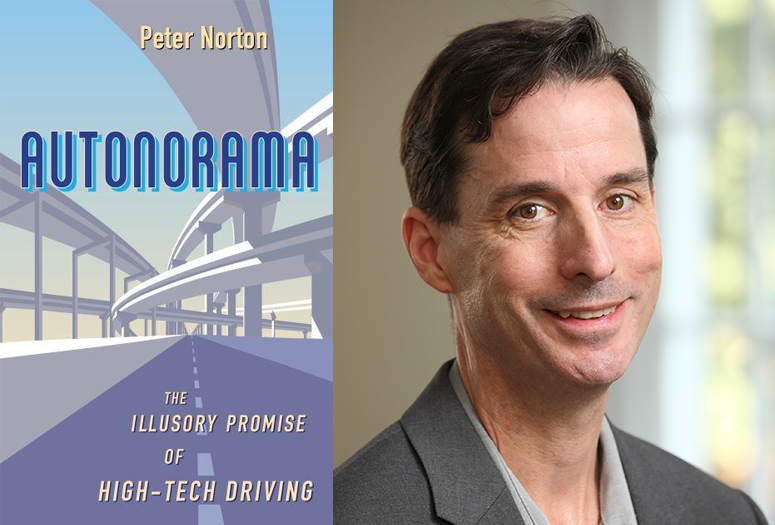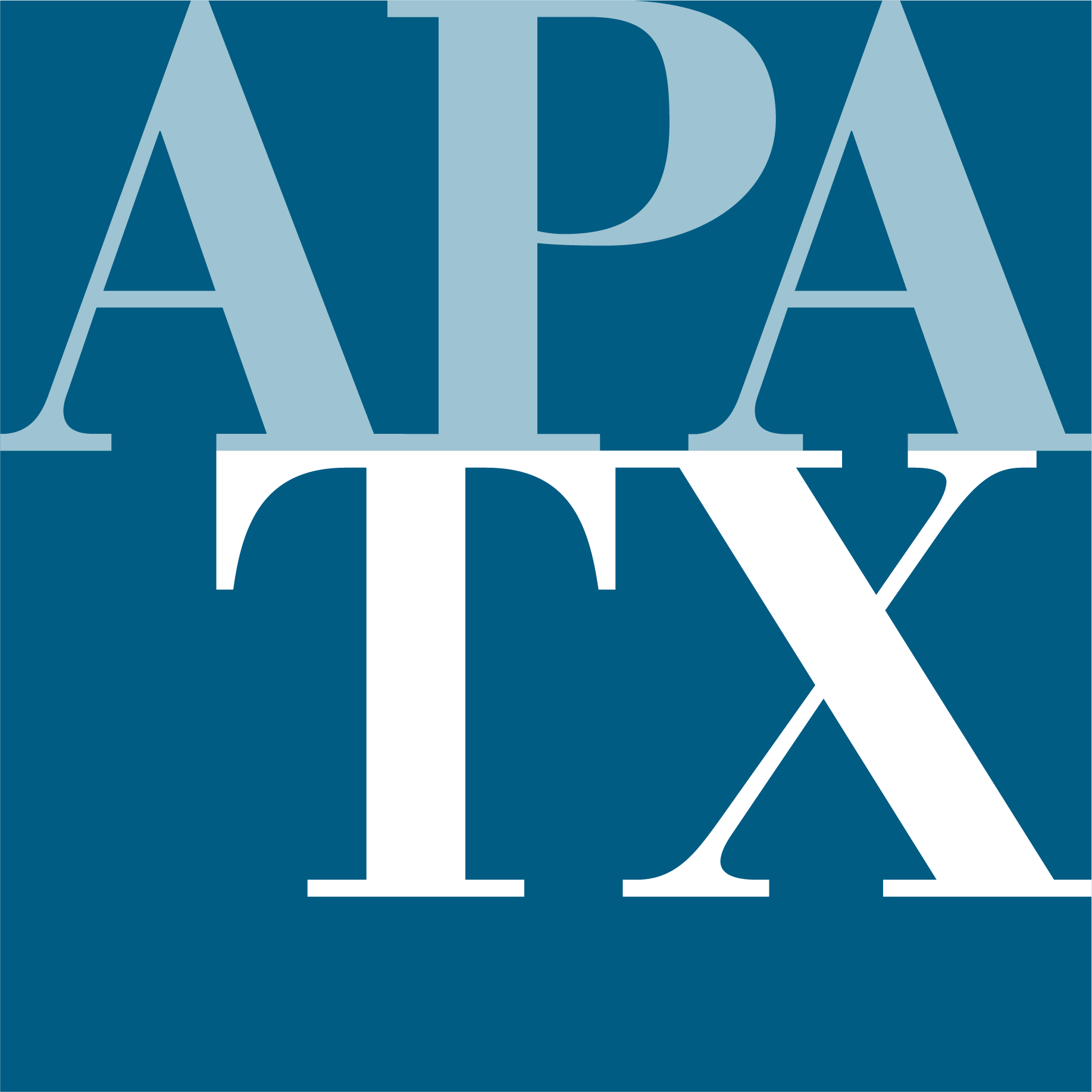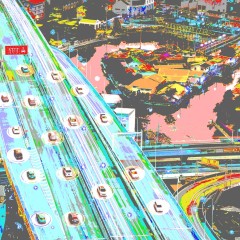"Autonorama" advocates for wise, proven, humane mobility that we can invest in now. Learn more and order a copy of the book here.
About "Autonorama"
According to tech companies, automakers and consultancies, autonomous vehicles will drive themselves better than we can — and sooner than we think. They promise us that with high-tech cars, we can have “zero crashes, zero emissions, and zero congestion.” Despite the extraordinary technological developments of the last twenty years, however, the practical possibility of widespread automatic driving remains elusive. High-tech “solutions,” always just over the horizon, are supposed to offer the anticipated deliverance. The lack, however, lies not in technology but in the aspiration itself.
In "Autonorama," Peter Norton argues that technology cannot make car dependency sustainable, affordable, healthful, or inclusive. The expensive, high-tech “solutions” that we are being sold are not so much an effort to meet our practical transport needs than a way to perpetuate unsustainable car dependency. Meanwhile the supposed solutions, in promising us an eventual end to all our afflictions, divert us from transport sufficiency: an unspectacular state we can pursue now, at far less cost, with technology we already have.
About Peter Norton
Peter Norton is an associate professor of history in the Department of Engineering and Society at the University of Virginia. Norton has also been a visiting faculty member at the Technical University of Eindhoven in the Netherlands, and is a member of the University of Virginia’s Center for Transportation Studies. He is the author of "Fighting Traffic: The Dawn of the Motor Age in the American City" (MIT Press), and of "Autonorama: The Illusory Promise of High-Tech Driving" (Island Press, 2021). Norton is a winner of the Abbott Payson Usher Prize of the Society for the History of Technology. He is a frequent speaker on the subject of sustainable and equitable urban mobility.
About Urban Reads
The Kinder Institute's Urban Reads series showcases recently published works on pressing urban issues by local and national authors.
This program is eligible for 1.25 CM credits from the American Planning Association.



